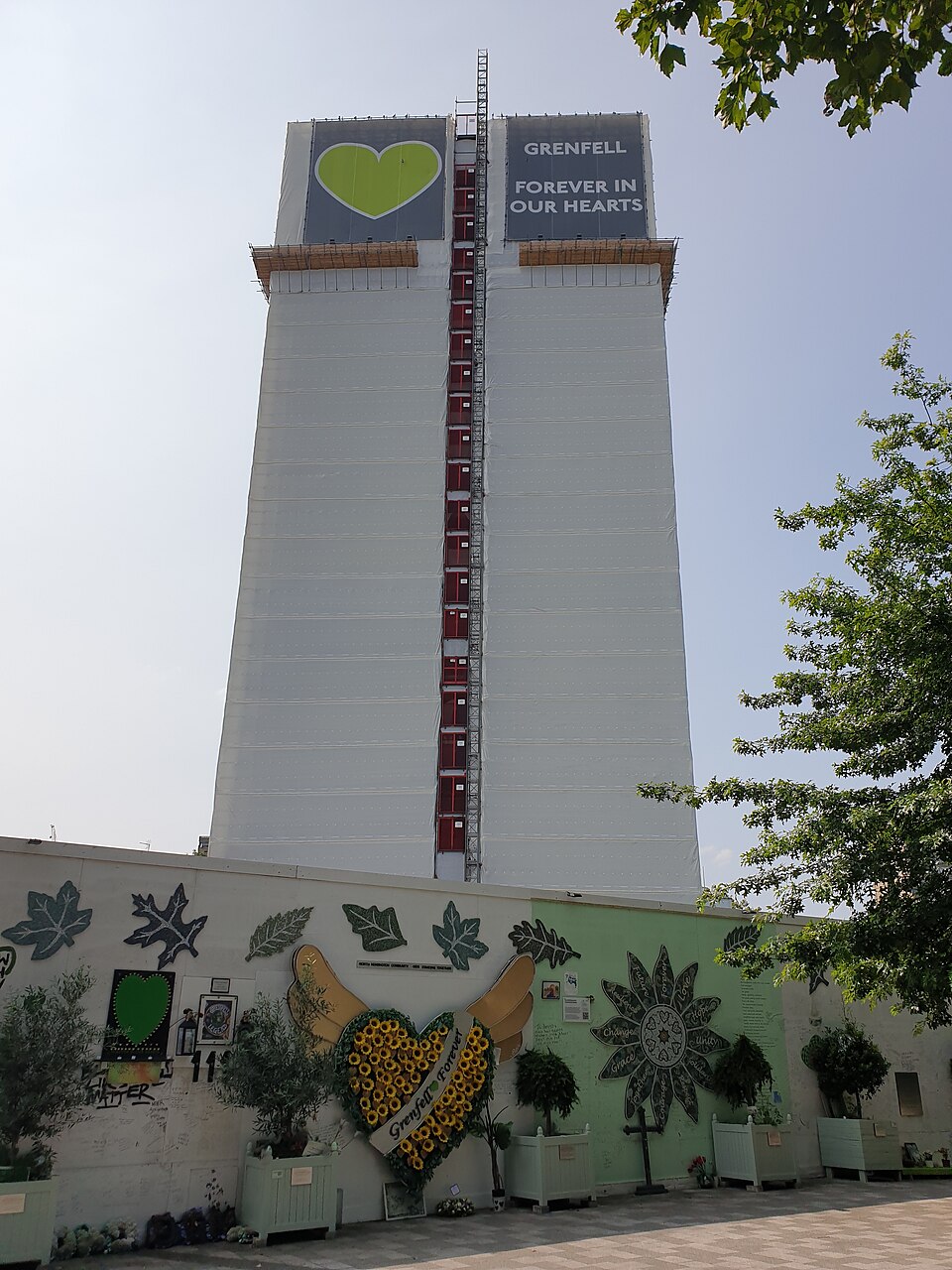
The current state of policing and political responses surrounding violence against women in Scotland has become a contentious issue. The Alba Party, a nationalist political entity, is addressing critical concerns following a concerning incident of violence reported in Aberdeen, prompting discussions on police processes. Led by Dr Yvonne Ridley, the Alba Party's Women's Convener, there is a call to action regarding the efficacy and transparency of Police Scotland's response to such crimes. The implications of these discussions reach beyond the specific case and touch upon broader systemic issues within the landscape of Scottish governance and public safety.
TL:DR – The Alba Party has raised significant concerns about the handling of violence against women by Police Scotland, particularly following a recent incident. Dr Yvonne Ridley's appeal to the new Chief Constable reflects broader issues surrounding transparency and the police’s treatment of victims. Additionally, the evolution and role of the Alba Party in Scotland’s political scene illustrate the ongoing quest for Scottish independence amidst its own internal challenges. The party aims to galvanise support for these critical issues and ensure that women's voices are heard and respected.
Read more: Alba's Response to violence towards women in Scotland
The issue of underfunding within Police Scotland is not merely a footnote in the larger narrative of public safety; it stands as a significant factor influencing the operational capacity of law enforcement across the nation. Chronic underinvestment has raised serious alarms within communities, evidenced by a rising number of what have being called 'policing deserts', by the BBC - areas characterised by diminished police presence and responsiveness. This article investigates the implications of current funding levels, the resultant decline in officer numbers, and the administrative responses from government officials in the face of growing discontent among police ranks.
TL:DR – The underfunding of Police Scotland has led to a notable decrease in officer numbers, the closure of police stations, and poor working conditions for the remaining service. Although the Scottish government claims increased funding, these measures seem insufficient in addressing the overarching crisis. Calls for a reevaluation of funding priorities from various stakeholders persist as they highlight the urgent need for a more robust police presence to ensure community safety.
Read more: How Underfunding Affects Policing in Scotland: An Analysis
The geopolitical landscape is undergoing a profound transformation, with the United States recalibrating its foreign policies and Europe redefining its strategic priorities. In this shifting dynamic, Scotland finds itself at a crossroads, navigating its position within the broader context of UK governance while maintaining its distinct economic and political interests.
Understanding Scotland's role in these evolving US-Europe relations is crucial. As policies change, the implications for Scotland's trade, security, and diplomatic engagements could be far-reaching. With discussions of Scottish independence resurfacing, the nation must carefully evaluate how it can carve out a sustainable and influential position in an unpredictable geopolitical environment.
TL:DR – Scotland’s role in a changing US-Europe relationship is multifaceted and evolving. As global alliances shift, Scotland must navigate its economic, diplomatic, and security interests with precision. Whether as part of the UK or as an independent nation, Scotland’s future in the transatlantic relationship will depend on its ability to adapt and assert its influence in an increasingly complex world.

The removal of unsafe cladding from buildings in Scotland remains an urgent yet sluggish process. Years after the Grenfell Tower tragedy exposed the dangers of combustible cladding, thousands of Scottish residents still live in buildings that pose a fire risk. Despite government pledges and regulatory changes, progress has been frustratingly slow. Homeowners are left in limbo, unable to sell their properties, while financial and legal complications add further obstacles. This article examines the state of cladding remediation in Scotland, the risks that remain, and what needs to be done to accelerate progress.
TL:DR – The Scottish government appears to be trying to speed up efforts to remediate buildings affected by cladding but progress is slow.
Read more: Scotland’s Unsafe Cladding: Slow Progress, Big Risks
